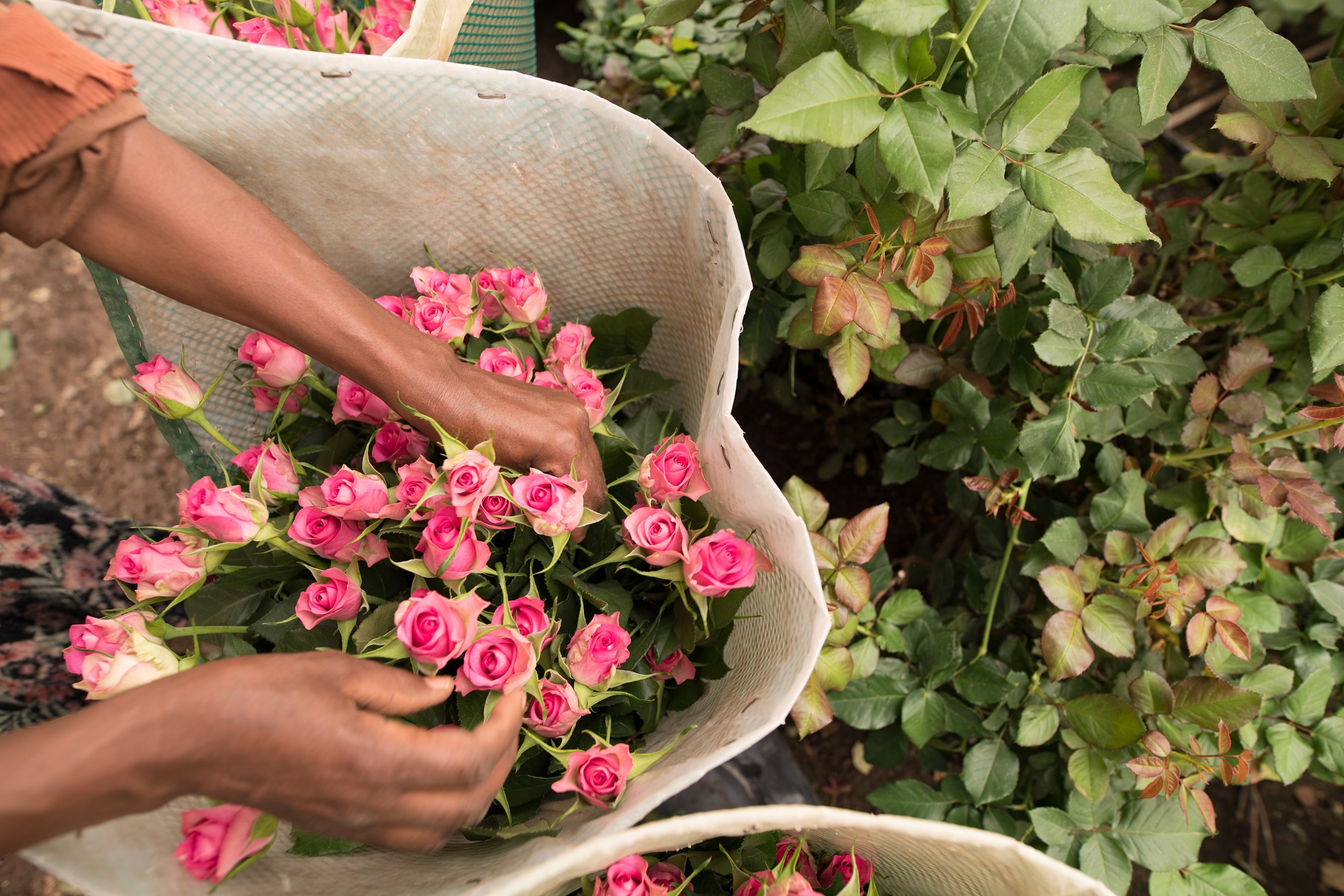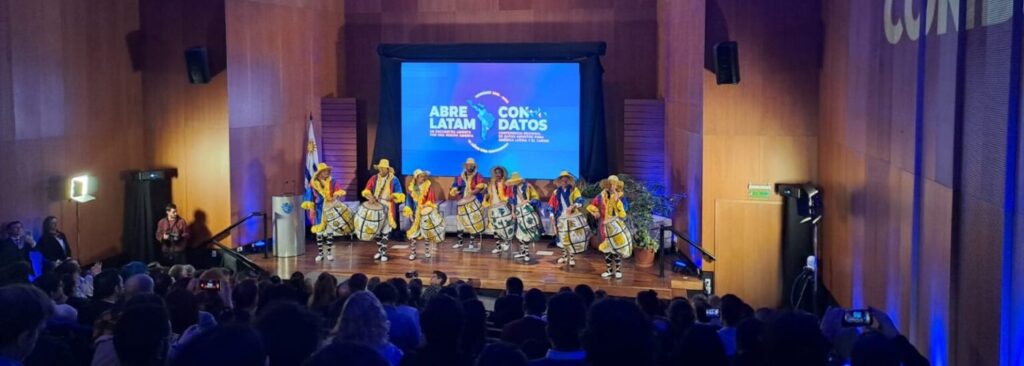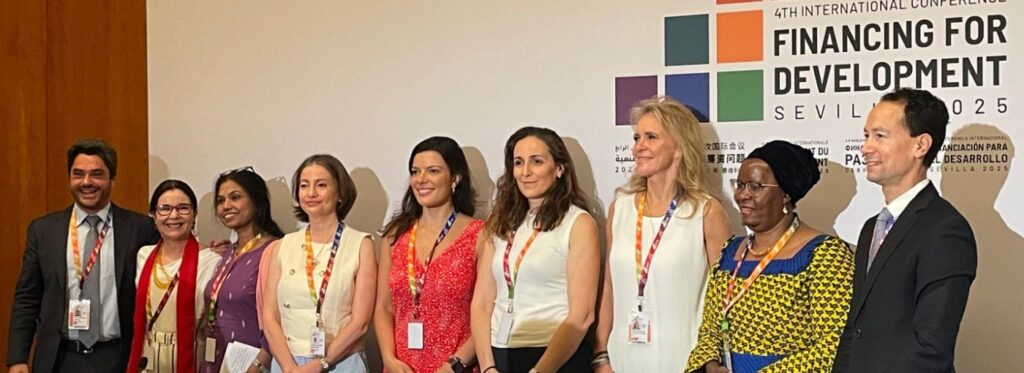Restoring dignity through transforming language
The role of language in addressing sexual harassment in Uganda
By Imungu Kalevera Project Associate for the Women@Work Campaign East Africa
With about 2000 languages spoken across the African continent and almost 100 in East Africa alone, language and its development, critique and transformation has been and is key to shaping culture and attitudes. Language and how it is used can be a way to elevate or degrade dignity. Cultural norms are passed on and preserved through both language and practices. Also, patriarchal ideas and harmful stereotypes are normalized and upheld largely through language.
Sexual harassment is largely perpetrated through the use of vulgar, obscene and demeaning language across various communities and professional sectors. While sexual harassment can be overt through physical touch, the use of vulgar language as a form of sexual harassment is even more normalized and trivialized. Across the horticulture sector especially, sexualized and obscene jokes and statements are a huge contributor to sexual harassment in the sector.
Within Uganda’s horticulture sector, UWEA (Uganda Workers Education Association) – a Women@Work Campaign partner whose mandate is to improve lives through result-oriented education – has been organizing sensitizations and training geared towards addressing sexual harassment within the sector. One of the key successes and changes noted as a result of the trainings is the significant reduction of the use of obscene and vulgar language. In a culture where patriarchal structures are deeply entrenched and men are often seen to be within their rights to speak to and touch women as they see fit, one of the key points within the training was to emphatically state and demonstrate the violence of sexual harassment.
Where previously sexual harassment was normalized within the community and as a result within flower farms, training conducted by UWEA have enlightened flower farm workers and staff on what constitutes sexual harassment and how it violates the dignity of the victims. Prior to the training, obscene and sexualized language was used particularly by farm supervisors towards junior workers. These statements would target speaking about workers’ bodies, sex and conveying ill intentions. While this was mostly perpetrated by men, a few women did admit to contributing to the culture created by the use of vulgar language.
After these training, several farm workers and supervisors reported not only an increased awareness of what sexual harassment is and how language contributes to it, but also gave testimonials of how they no longer make vulgar statements nor tolerate them within the workplace. One female worker reported no longer being afraid to report incidences of use of inappropriate language because she now knew the cases would be taken seriously and disciplinary action taken.
Milly Mirembe (union representative – rose farm in Uganda) – I now respect myself. Before I used to engage in sexual jokes but after the training I learnt that it is not a decent behavior and can cause a hostile environment for others.
Addressing language in the workplace in addition to more overt forms of sexual harassment has helped ensure that the dignity of especially women workers is protected against even the more subtle and non-physical violations. This in turn creates a healthy and comfortable workplace culture.
While language can also be used to impart knowledge, language barriers often mean that this knowledge may be inaccessible to some. During UWEA’s work with the farm workers it was noted that some of them did not speak English but were fluent in Luganda. This required that training is accompanied by live translations to pass on this information as accurately as possible, given that certain vocabulary may not find its exact equivalent in other languages. This language barrier was also further addressed through translating some training materials into Luganda for wider accessibility; though more needs to be done to translate more manuals and materials.
Also, by localizing this conversation through translation it would mean that efforts to address sexual harassment are owned by the community and transform every day interactions between men and women of different ages.
The role of language in changing and addressing cultural practices and vices such as sexual harassment continues to be evident in the work of UWEA and other Women@Work partners. These efforts to dismantle patriarchal stereotypes and structures can now be owned by workers and community members long beyond the end of a funding cycle.








